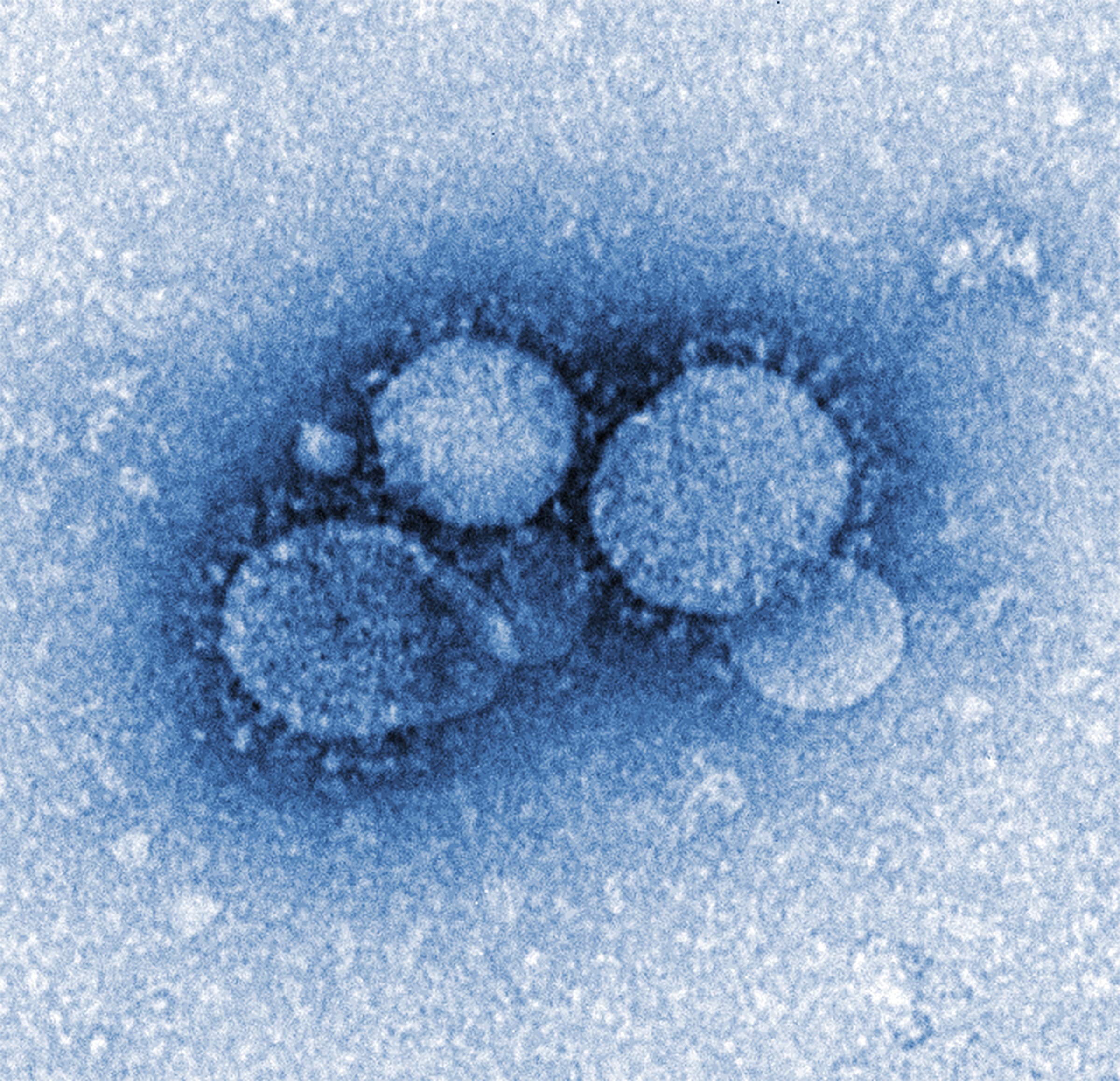
Two existing and widely available drugs may prove to be effective treatments for Middle East Respiratory Syndrome (MERS), new research published by the University of Hong Kong suggests.
According to the South China Morning Post, the medicines—lopinavir with ritonavir and a type of interferon—were tested on marmosets, small monkeys that a 2014 U.S. study concluded would be the best subject for MERS trials because of the way their reactions to the virus mimics human illness. The drugs, currently used to treat HIV and sclerosis, were found to be effective in curing MERS-infected marmosets.
The research is the first of its kind in the world.
“We would recommend doctors to start using both drugs immediately to treat MERS patients if they are critical,” said Jasper Chan Fuk-woo, one of the researchers, told SCMP. “The evidence in this study is quite strong in proving the effectiveness of these two drugs.”
Currently, there is no known cure for MERS.
Meanwhile, South Korea, which struggled with a MERS outbreak in May and June, has not reported any new MERS cases for 23 days and no deaths for more than two weeks. The country declared a “de-facto end” to its outbreak on July 28, although a spokesman for the World Health Organization told the BBC it would not declare an official end to the country’s outbreak until 28 days had passed with no new infections—twice the disease’s incubation period.
[SCMP]
More Must-Reads from TIME
- Donald Trump Is TIME's 2024 Person of the Year
- Why We Chose Trump as Person of the Year
- Is Intermittent Fasting Good or Bad for You?
- The 100 Must-Read Books of 2024
- The 20 Best Christmas TV Episodes
- Column: If Optimism Feels Ridiculous Now, Try Hope
- The Future of Climate Action Is Trade Policy
- Merle Bombardieri Is Helping People Make the Baby Decision
Contact us at letters@time.com